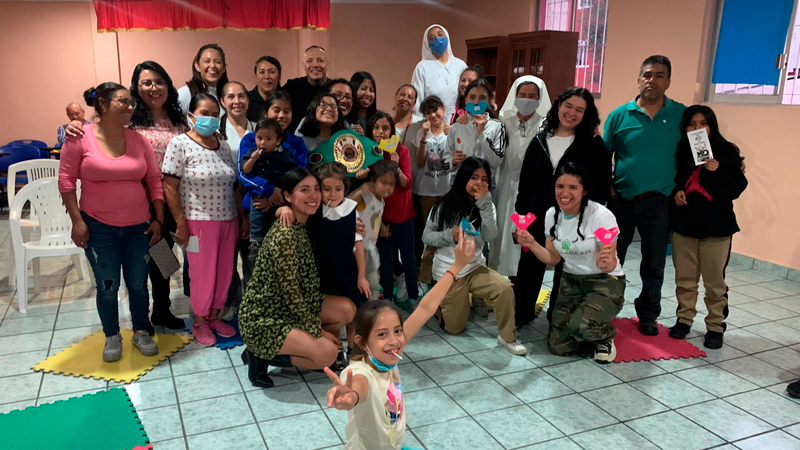
Changing the Environment: Addressing Bullying Inside the Family
By Beka Romero
The family is the main foundation institution for children. The socio -affective relationships that have based on home conflicts, social interaction, or experiences, will serve as an example for the little ones, for example: They learn how to solve a conflict or how to react to it inside their families’ environments.
Exposure to socialization situations with parents from an early age, added to respectful raising and family integration, will allow a better development of such skills such as better communication with their classmates, respect the neighbor, put yourself in the place of the other, between others.
30.7% of bullying victims hide their situation to the family, in fact some cases are attributed to a null or scarce communication among the members and the lack of attention of the parents towards the children.
Some studies indicate that there are better social skills in children whose parents have high support levels, hence the importance of listening, understanding, and addressing problems.
Then, bullying prevention implies promoting empathy in every single home, promoting an inclusive environment and educating respect for diversity, starting with small changes such as understanding preferences, including positive comments about achievements, guiding errors, identifying the emotional symptoms that can give results to offensive or violent behaviors and above all act from love, remembering that children and teenagers are sponges that absorb learning.
It is our responsibility to be a guide in our best possible version for them.

![]()
Related posts
test


